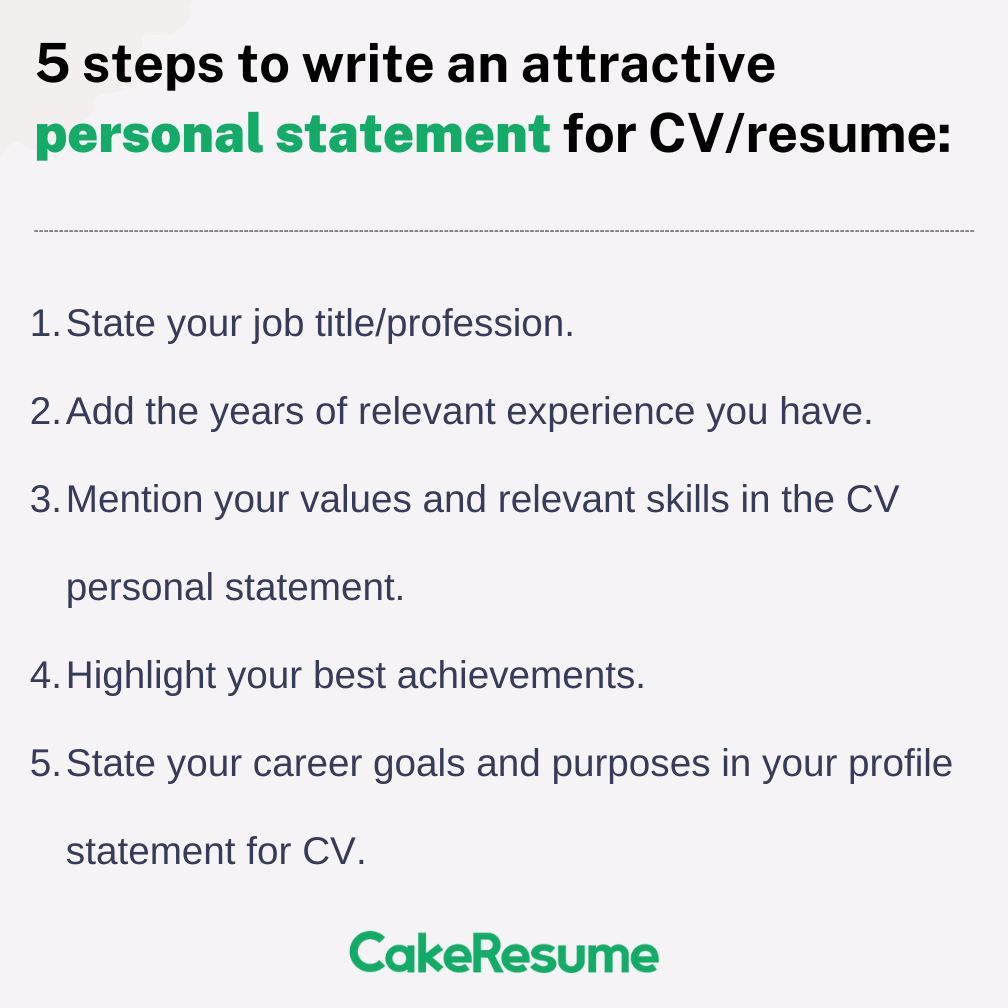It’s the 4,000-character self-promotion that will make or break your application. Here are the tops five biggest pitfalls and faux pas of the UCAS personal statement. Avoid!
Not sticking to the formula…
Crafting a perfectly pitched personal statement is tricky business. It’s arguably the most important part of the application. UCAS’s handy worksheet is your first port of call to get the basics, down but don’t leave it there.
There’s a reason it’s called a personal statement. Like a beautiful and unique snowflake, your personal statement should be a distinctive and sincere account of your academic interests and your individual reasons for choosing the course.
Don’t write by the numbers. Put your best qualities and interests forward in a way that clearly demonstrates your enthusiasm for your subject.
Too vague. Too specific…
While it’s good to include broad ambitions for future careers post-degree, don’t emphatically declare your destiny in a niche professional field unless you have the specific experience to back it up. Or a crystal ball.
You’re not writing a job application, so for the meantime make sure you demonstrate your specific motivation for picking your course. Vague reasoning that lacks detail or thorough explanation will sound unfocussed and superficial.
Above all, show, don’t tell. Ambiguous claims and generalisations are a tell-tale sign that you don’t know what you’re talking about… which is never good.
Circumlocution…
Also known as ‘circuitousness’, ‘periphrasis’ and, more colloquially, ‘beating around the bush’. Do yourself a favour. Keep it concise and informative.
The temptation to cram in as many impressive synonyms within the word limit is enticing, but do so at your peril. Too verbose will sound forced and unnatural, and imply that you are hiding your lack of qualified behind a thesaurus. Save those excessive adjectives for essays.
In terms of structure, clarity is key. Those 4,000 characters will dwindle quickly, so remember to get your main points in there with adequate explanation. Don’t talk about your qualifications (these are already on your UCAS form). Paragraphs are your best friend. Use them. Separate key points and have a clear introduction and conclusion to avoid headaches all-round.
Clichés…
It’s tricky being original. 580,000 people applied to British universities in 2014, meaning that the people in admissions trawl through applications in their thousands each year.
Readers will welcome a genuine and thoughtfully written statement that addresses and draws on the unique interest of your academic experiences and skills to stand out from the crowd and steers clear of personal statement cliché.
Beginning with a well-worn phrase or famous quote is about the least remarkable impression to leave on anyone reading your statement, in spite of whether you manage to use the word ‘passion’ in there somewhere.
Even the classic ‘For as long as I can remember, I have been fascinated by…’ and other declarations of enduring love for your subject will sound increasingly unoriginal, however sincere they might be.
Try to grab the reader’s attention early on if you don’t want your hard work to be skim-read.
Not checking & proofreading…
In this age of smart phones and spell-check, stupid mistakes and grammatical errors are pretty unforgivable. So after you’re done, print and proofread the whole thing. And then proofread it again. A fresh pair of eyes never hurts either.
If you quote books, people or theories, quote them exactly correctly or risk the scorn of admissions officers who probably know more about the subject than you. Do proper research that goes beyond the typical A-level syllabus. And never, ever plagiarise. It’s a school boy error, and you’ll get caught out eventually if you do!

For years I have studied American finance regulations. All the information in this blog is sourced from official or contrasted sources from reliable sites.
Salesforce Certified SALES & SERVICE Cloud Consultant in February 2020, Salesforce Certified Administrator (ADM-201), and Master degree in “Business Analytics & Big Data Strategy” with more than 13 years of experience in IT consulting.
